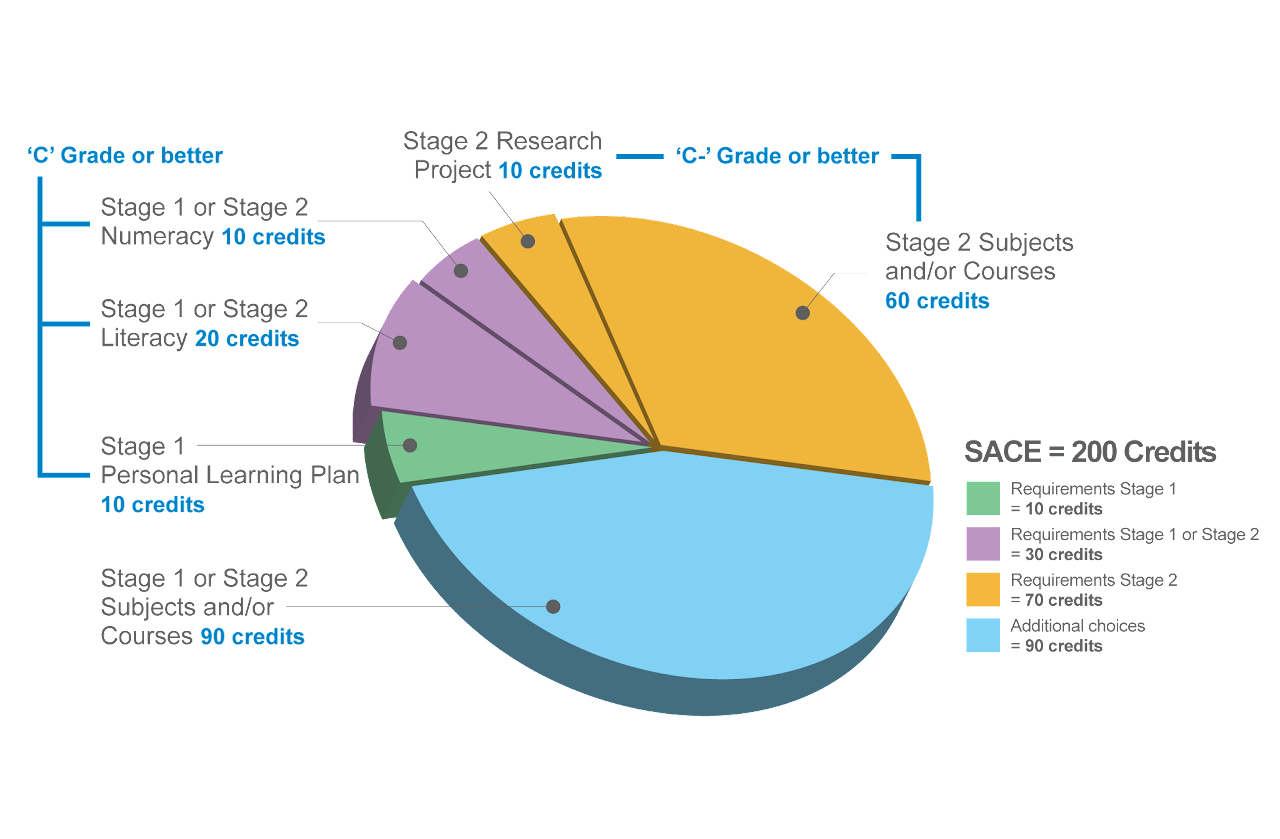VET
Vocational Education and Training
What is VET?
Vocational Education and Training (VET) enables students to acquire skills and knowledge for work through a nationally recognised industry-developed training package or accredited course. VET is delivered, assessed, and certified by registered training organisations (RTOs). A common RTO for VET courses is TAFE (Technical And Further Education), however it is not the only RTO schools can access. The RTO space is quite competitive, therefore the VET coordinator will select the appropriate RTO for the school, students and course.
Undertaking VET may benefit students’ exploration of a variety of career pathways; it is not just reserved for a pathway within the trades (e.g. plumbing, automotive, and construction). Students can complete VET qualifications in a diverse range of industries, including business administration, veterinary nursing, aged care, or sport and recreation.
VET in SACE
Vocational Education and Training (VET) enables students to acquire skills and knowledge for work through a nationally recognised industry-developed training package or accredited course. VET is delivered, assessed, and certified by registered training organisations (RTOs). A common RTO for VET courses is TAFE (Technical And Further Education), however it is not the only RTO schools can access. The RTO space is quite competitive, therefore the VET coordinator will select the appropriate RTO for the school, students and course.
Undertaking VET may benefit students’ exploration of a variety of career pathways; it is not just reserved for a pathway within the trades (e.g. plumbing, automotive, and construction). Students can complete VET qualifications in a diverse range of industries, including business administration, veterinary nursing, aged care, or sport and recreation.
Certificate II Courses equal Stage 1 Credits.
Certificate III Courses equal Stage 1 & Stage 2 Credits.
Roughly 70 Nominal Hours of VET equals 10 SACE Credits.

VET can count towards tertiary entrance for university and TAFE.
The three South Australian universities, TAFE SA, and Charles Darwin University (Northern Territory) have determined that Recognised Studies may contribute to an ATAR (Australian Tertiary Admission Rank).
For completed VET qualifications to count as Recognised Studies, they must be:
- Certificate III level (or higher) in the AQF (Australian Quality Framework)
- recognised in the SACE at Stage 2 for at least 10 credits.
Recognised Studies, including VET, can only count to a maximum of 20 credits in an ATAR. Students also need to satisfy all other university entrance criteria. The scaled score contribution of a completed VET qualification will be the average scaled scores of the first 70 credits of TAS used in the calculation of the university aggregate.
An example of how VET can work for everyone
Career Pathway to Teaching
A student that may wish to be a teacher can study a VET Certificate III in Education Support over Years 11 and 12. This qualification will not only give them an idea about the career of teaching, it can also contribute to their ATAR and offer part time employment opportunities as an Student Support Officer in a school whilst studying a Bachelor of Education at university.
Career Pathway to Hair Dressing
A student who may wish to be a hair dresser can study a VET Certificate II in Salon Assistance. This qualification can be studied in Year 11, and providing the student has completed the compulsory components of their SACE, they can look for and obtain a full time apprenticeship in Hair Dressing instead of attending Year 12 at school. The study that is completed for their apprenticeship can go towards their SACE for full completion.
Career Pathway to Plumbing
A student who may wish to be a plumber can study a VET Certificate II in Plumbing. This qualification can be studied in Year 11, and providing the student has completed the compulsory components of their SACE, they can look for and obtain a full time apprenticeship in Plumbing instead of attending Year 12 at school. The study that is completed for their apprenticeship can go towards their SACE for full completion.
Career Pathway in Early Childhood
A student who may wish to work in childcare can study a VET Certificate III in Early Childhood Education in Years 11 and 12. This qualification will not only give them an idea about a career in childcare, it can also give them immediate employment opportunities in a child care facility, contribute to an ATAR and provide credits towards the Diploma in Early Childhood Education.